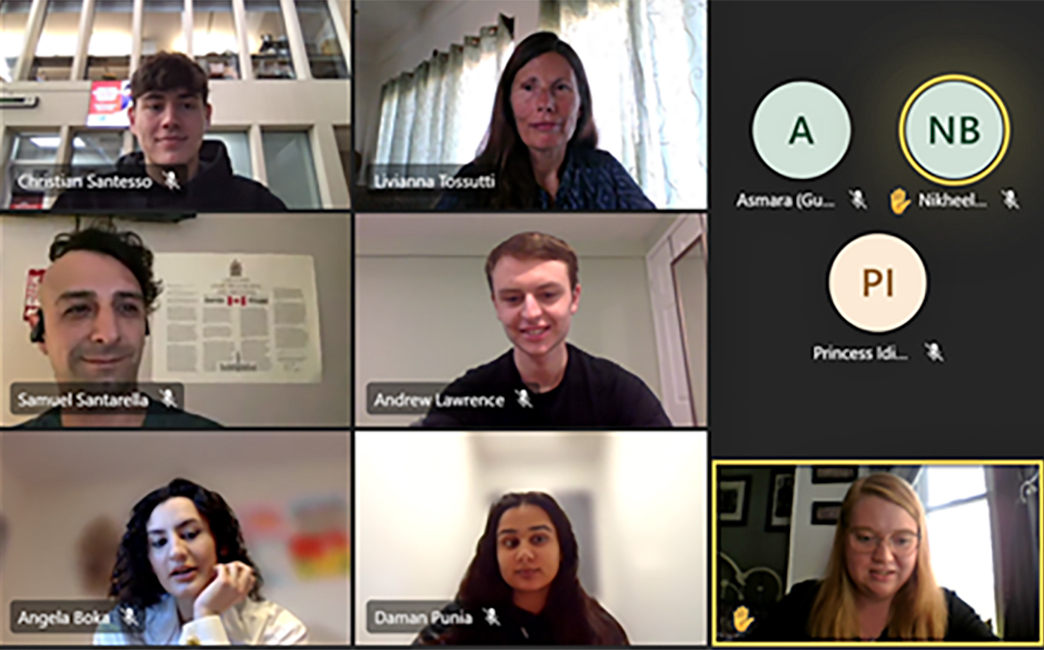All Political Science and Social Sciences students are welcome to attend an event to connect with the Political Science Department. Enjoy board games, trivia, and free refreshments and network with professors and peers.
Date: Thursday, Sept. 12, 2024
Time: 4 to 5 p.m.
Location: Plaza 600F, Brock University











